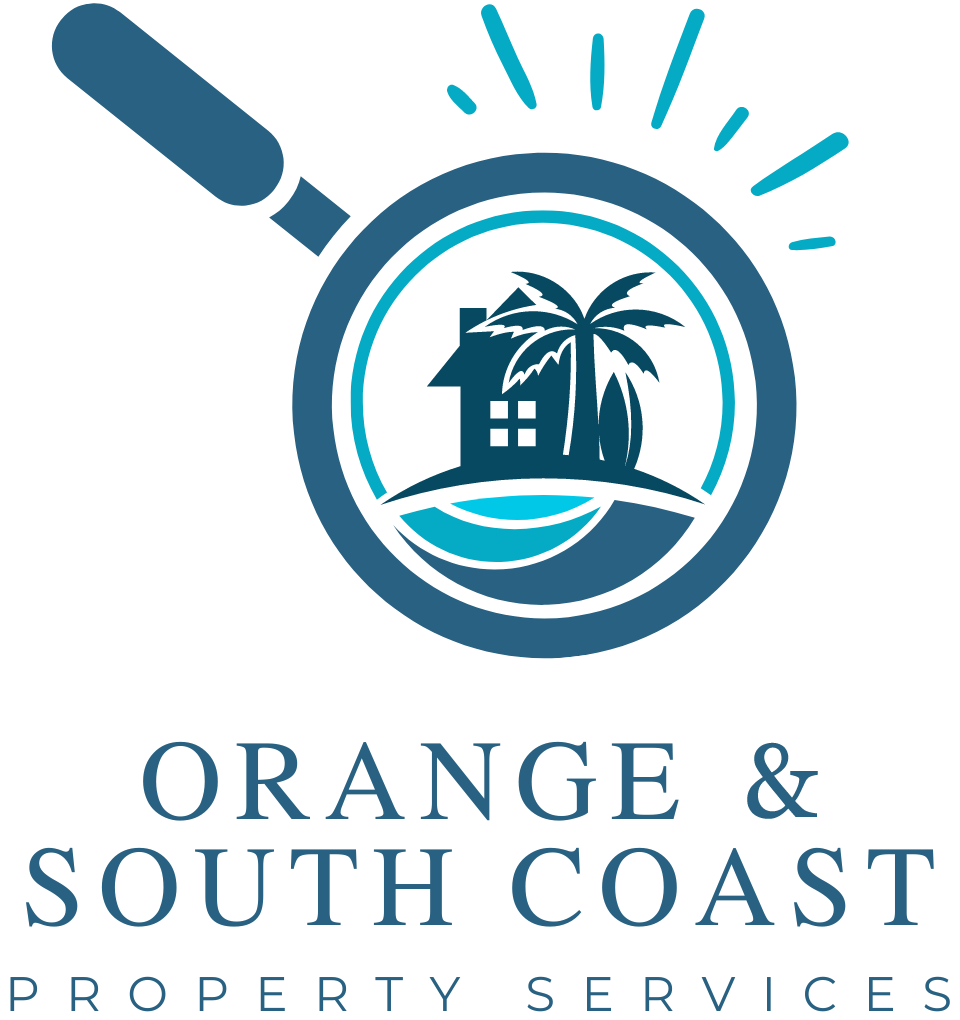Finding the best home inspector in California to ensure your house is in good condition adds to the stress of buying a home. A home inspector evaluates the mechanical, electrical, structural, and facade systems of your possible home, as well as its interior and exterior conditions. The report of flaws that the house inspector will produce will allow you to renegotiate the asking price and other stipulations.
A home inspection is still the best method to feel secure in buying a property, even though some buyers choose to forego them in hot housing markets. This article will assist you in hiring a home inspector, including questions and things to consider.
Home Inspector Qualifications
The qualifications a home inspector must fulfill to provide services vary by state. For instance, New York requires home inspectors to pass the National Home Inspector Exam, complete a 140-hour approved study course, and conduct at least 100 inspections while supervised by a licensed inspector. To discover the requirements for your state, consult the licensing and certification database of the International Association of Certified Home Inspectors.
Home inspectors are required to maintain their qualifications through ongoing training and education. Ask your prospective home inspector about their most current training initiatives. To confirm that your inspector is according to procedures and meeting standards, you should also consult the American Society of Home Inspectors Standard of Practice and Code of Ethics.
Home inspectors could join particular organizations to solidify their position as industry experts further. Home inspectors may belong to groups like the American Society of Home Inspectors, the National Institute of Building Inspectors, and the National Association of Home Inspectors, for instance.
What To Know Before Hiring A Home Inspector?
Ask For Referrals And Check Reviews
Your friend or relative who just purchased a property and was pleased with their inspector might be an excellent candidate. Remember that you might need to speak with a few inspectors before selecting the one you feel most comfortable with.
Search for reviews on Angie’s List, Yelp, and Google. Check their ratings after that. The reviews you see ought to help you decide if the inspector is a good choice for your house.
Interview Your Potential Candidates
Make contact with a trustworthy inspector once you have one in mind. You’ll want to get answers to a few queries before continuing. Before hiring your inspector, ask them these questions.
”Are you accredited and authorized?” Some states don’t demand a license or certification. But most people who purchase new homes look for a qualified inspector. You can be sure your home inspector has had professional training and had to pass the required coursework if they have a certification or license.
“Are you bonded and insured?” By carrying insurance, the house inspector is protected if the new homeowner files a lawsuit due to an error in their inspection report. For instance, if the inspector makes a mistake that results in thousands of dollars in repairs and the inspector is not covered by error and omissions insurance, the buyer will be held responsible and responsible for paying to have the issue corrected.
“Do you inspect homes regularly?” If they are, that may be a sign that they are skilled at what they do because it means that there is enough demand for their services to support them financially.
“How much time will the inspection require?” If it only takes a couple of hours, the house inspector might not have enough time to perform a complete inspection.
“Are you a part of a professional association for house inspectors?” The National Institute of Building Inspectors (NIBI), American Society of Home Inspectors (ASHI), American Home Inspectors Training (AHIT), and International Association of Certified Home Inspectors (InterNACHI) are some of the largest organizations. Ask for their membership ID if they belong to any of these groups.
“How do you stay current with your knowledge?” What education do you possess? You can see from this how serious and qualified the home inspector is. A competent inspector will keep up with their education.
Watch Out For Red Flags
You must be present while the inspection is being conducted. It might be a warning sign if the inspector insisted that you weren’t required to be present. As they tour your future house, you should be there to observe anything they might notice as a problem or possible problem.
You might need to make some home improvements. Ask your prospective inspector if they can make repairs based on the inspection when you interview them. If they respond positively, you may want to inquire about the reasons behind the inspection because there is a potential conflict of interest.
What Your Home Inspection Will And Won’t Cover
Knowing what your home inspection will and won’t cover would be a good idea before you get it done. The American Society of Home Inspectors has made the Standard of Practice and the Code of Ethics for home inspectors available for reading. Both publications can offer tips about what to anticipate from your home inspection.
A house inspection will often cover the majority of things visually. Home inspectors typically don’t examine the home’s construction in great detail.
Your house inspection should include central heating, electrical systems, cooling systems, attic and visible insulation, plumbing and roof, and walls.
The things that won’t be covered are warped floors, septic tank systems, permanent pet or cigarette odors, and landscape.
It’s simple to grow weary when purchasing a new home, so inspect every square inch of your property for problems you might not tolerate. What you will uncover is always a mystery. Your home most certainly needs some maintenance or repairs. You might have to spend a significant amount on some of these repairs if you’re not careful.
The Cost of The Inspection
A home inspection might range in price. Your final cost may depend on location, house size, and inspection results. Don’t always choose the least expensive option: Purchasing a home is likely the most significant investment you’ll ever make, so you don’t want to risk it by picking an unskilled inspector simply because they’re the least expensive. Your inspection will cost hundreds or thousands of dollars upfront, but it can save you a lot of money.
Ask for recommendations and conduct independent research while looking for a home inspection. You can make a wise decision if you prepare and educate yourself.
A good home inspection is vital whether purchasing or selling a house. In fact, as a part of the property buying process, several states need an inspection. Professional home inspectors in your area search through a property’s inside and exterior to look for any hidden hazards, but to do so, you need to find the best inspector possible, and we’ve highlighted some of the ways you may do that above.

